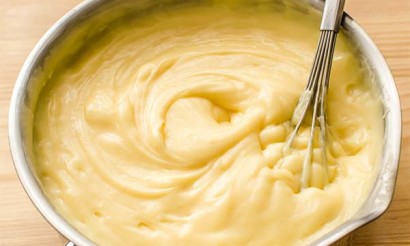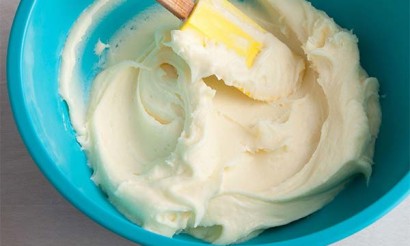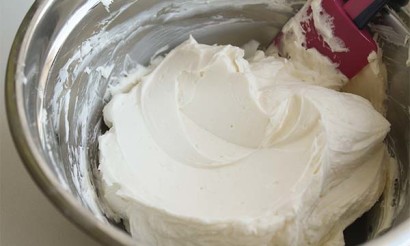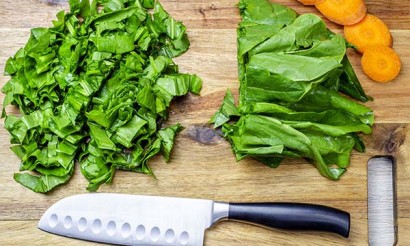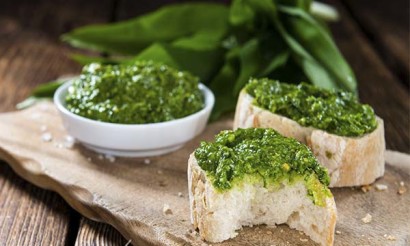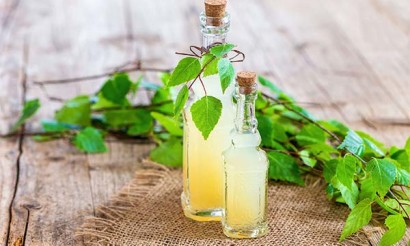Can I eat lemon peels?
Lemon is a unique citrus fruit that can be eaten whole. Not only can you eat the pulp or drink lemon juice, but you can also eat its peel. The peel is known to contain the same nutrients and vitamins as the pulp, but their concentration is much higher. Eating the peel helps to normalize all body systems. A small amount of lemon peel can help flavor any drink or product without making it sour.
To get the maximum effect from the use of the peel and not to harm your health, you need to know how to choose the right fruit in the store.
How to choose the right lemon
When buying lemons, the first thing to do is to check the country of origin. The further the country of cultivation, the more time the harvest should be preserved and not spoil. That is why producers and transporters treat citrus fruits with special solutions containing chemically active substances. They create a dense film on the surface, prevent the growth of microbes and parasites, and slow down the ripening process.
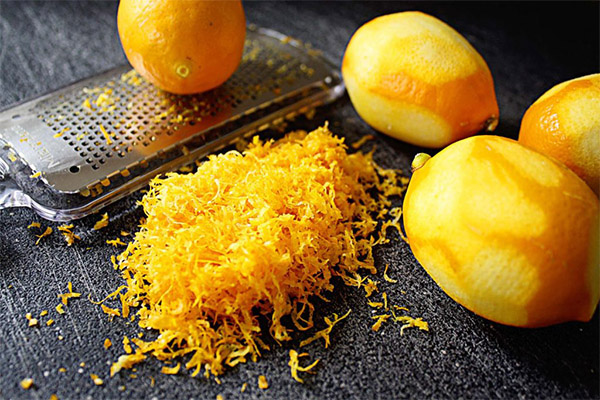
This treatment does no harm if you use only the pulp of the citrus. But consuming the peel can cause serious harm to the body. Harmful substances will gradually accumulate and can cause systemic failures and diseases. Therefore, if possible, it is better to give preference to products harvested nearby. It is good if they are grown on their own or by people you can trust. If there is no opportunity to consume fruits freshly picked from the tree, you should wash them well with hot water and soap and a brush before eating to minimize the possibility of harmful substances getting into the body.
Then it is worth paying attention to the variety of citrus and its appearance. The peel of lemons can be smooth and thin or thick, porous with small bumps. The latter variant will contain less moisture and less useful flavonoids. Therefore, you should choose small lemons with thin peel.
The degree of ripeness of the product is an important factor in the choice. It is necessary to refuse to buy if the lemons when pressed are very soft and do not spring. This indicates that the fruit is overripe and has lost some of its flavor, aroma, and nutrients. A ripe lemon remains quite firm, but it lends itself to squeezing, and then the shape returns to its former state. You can take a slightly unripe fruit, they will reach the necessary ripeness at home.
When buying the skin should not be dark dots, spots and damage. Their presence indicates that on the surface there are favorable conditions for the development of microorganisms. The pulp of such a product can be eaten, but the skin has to be thrown away.
Can I Eat a Lemon Peel?
When using lemon peels as food, it is necessary to remember that any, even the most useful product, is good in moderation. An over-abundance is bound to lead to negative consequences. If there are health problems or doubts, it is better to consult a doctor and make sure that the use of lemon peel will not cause harm.
Benefits
The benefits of lemons have been known since antiquity. Their peel is quite a popular folk remedy, which has been used to treat many ailments.
The peels contain vitamins A, C, P, and B-group. It is also rich in fiber, potassium, carotene, folic acids, essential oils and flavonoids. Vitamin C is actively involved in the formation and performance of the immune system, it is also an antioxidant, so it helps to eliminate free radicals from the cells. The use of lemon peels helps in the fight against the formation of cancer cells, reduces the risk of heart and vascular disease.
Potassium and vitamin P strengthen the walls of blood vessels. B vitamins have a beneficial effect on the nervous system and help resist stress. Essential oils effectively kill germs and disinfect the environment. The zest is used for the prevention of oral diseases. The oils heal small cracks, eliminate pustules.
The flavonoids limonene and hesperidin have a neuroprotective effect, protecting brain cells from harm, helping to fight senile dementia.
The peel is used:
- For the prevention of cardiovascular diseases.
- Improve the function of the gastrointestinal tract.
- Increase the elasticity of blood vessels by improving blood circulation.
- Prevention of joint disease and reduce inflammation in them.
- Normalize the work of the liver.
- Fight with excess weight.
- Improve the skin.
- Prevention of inflammation and pathologies of the upper respiratory tract.
Read more about the effect on the body:
- Prevention of diseases of the cardiovascular system. The substances contained in the lemon zest improve blood circulation, strengthen the walls of blood vessels and the resorption of cholesterol plaques.
- Beneficial effect on the gastrointestinal tract. Essential oils, vitamins and trace elements increase the appetite and make the release of digestive enzymes be activated, which speeds up the process of digestion. Also the peel contains a lot of useful fiber, which effectively removes toxins and impurities, helps with constipation.
- The fight against excess weight. Vitamin C contained in the zest accelerates metabolic processes, the breakdown of fats. This promotes weight loss.
But it is worth approaching the use of lemon peels in the food with caution and on the prescription of a doctor.
Harms
Despite a wide range of positive characteristics for human health, the use of lemon peels has contraindications and limitations.
It is categorically forbidden to use the zest for people suffering from peptic ulcer disease, hyperacidity, hypertension, pancreatitis, allergies, acute inflammatory pathologies of the upper respiratory tract. In this case, you should either completely abandon the use of this product, so as not to provoke an exacerbation of the condition, or severely limit its use, after consulting with your doctor.
It is also not recommended to experiment with the use of lemon peel and products based on it, if there are aggravated diseases of the teeth and gums. Citric acid can cause severe discomfort and harm, aggravating the existing disease.
You also need to watch the dosage of the product you consume. Its overuse can have a negative impact on health. If heartburn, nausea, vomiting, allergic reactions in the form of rashes on the skin appeared, you should immediately stop using the product. It is better to take a break so that the body has time to recover. If there are no contraindications, you can continue, but watch the amount of eaten zest.
Use of lemon peel
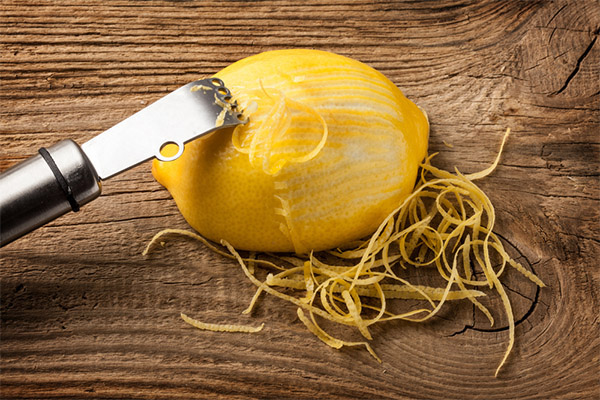
Lemon peel has a fairly wide range of uses:
- folk medicine;
- cosmetic purposes;
- help in everyday life;
- cooking.
Traditional medicine
On the basis of fresh or dried lemon peels you can make drinks, decoctions and masses that help to solve certain health problems. To improve appetite and help the digestive process, the crusts should be crushed, pour warm water and drink on an empty stomach 30 minutes before a meal. Those who want to lose weight, it is recommended to grate the zest and sprinkle this shavings on any dish. It will be digested faster, and the taste will be much better.
Cosmetic purposes
The substances and vitamins contained in lemon peels are actively used in skin care. Rubbing the peel will help to lighten age spots, heal minor lesions, and rejuvenate.
To make a face mask, which narrows pores and dries small pimples, you need to grind the zest in a blender and mix it with whipped egg white. The resulting mass is applied to the skin. Rinse off after a third of an hour. Repeat the procedure 2-3 times a week.
Help in the home
Lemon peels help get rid of stains on clothes, dishes, home textiles, neutralize unpleasant odors in the refrigerator, scare away insects, it is enough to put a piece for the baseboard. The crusts deal well with grease stains in the microwave and oven, clean water stains on plumbing and metal dishes.
Cooking
Of course, fresh and dried peels are actively used in the preparation of a variety of dishes. From it you can prepare flavorful desserts, delicious and healthy drinks, use as a seasoning in meat, fish dishes, salads, sauces and dressings.
Pie with lemon peel
Ingredients:
- 1 lemon;
- 1 orange;
- 0,5 l of kefir;
- 2 eggs;
- 400 grams of flour;
- 1 tbsp. refined sunflower oil;
- 0.5 tsp. soda.
Preparation:
- Peel the orange and grind it in a blender.
- Remove the zest of the lemon. Finely grate or chop it.
- In a bowl mix eggs, kefir, sunflower oil, orange puree, crushed lemon zest. Stir to mix.
- Combine flour with baking soda and sift. Add to the rest of the ingredients. Beat everything with a mixer until homogeneous.
- Grease the form and pour the batter into it. Bake the cake for 25 minutes at 200 degrees.
When serving you can sprinkle it with powdered sugar.
Cheesecakes with lemon zest
Ingredients:
- 200 g 9% cottage cheese;
- 1 egg;
- 50 g flour;
- 2 tbsp. sour cream;
- 1/3 of a lemon;
- 2 tbsp. sugar;
- 1 tsp. flavorless vegetable oil;
- 0.5 tsp. leavening agent.
Preparation:
- Grind the cottage cheese into fine crumbs by rubbing it through a sieve.
- In a separate bowl mix the egg and sugar until it is completely dissolved.
- Pour the egg-sugar mixture into the cottage cheese and stir.
- Combine the flour and baking powder and sift into a bowl with the other ingredients. Add the sour cream and grated lemon zest. Stir to mix.
- Grease a baking pan with butter. Divide the dough into 6 pieces and form the cheesecakes. Then put them in a baking dish.
- Bake in the oven at 230 degrees for a quarter of an hour until the crust forms, then turn over and bake for 10 minutes more. Serve warm.
«Important: All information on this website is provided for informational purposes only for information purposes. Before using any recommendations, consult with a health care professional. should be consulted with a health care professional. Neither the editors nor the authors shall be liable for any possible harm caused by materials."

